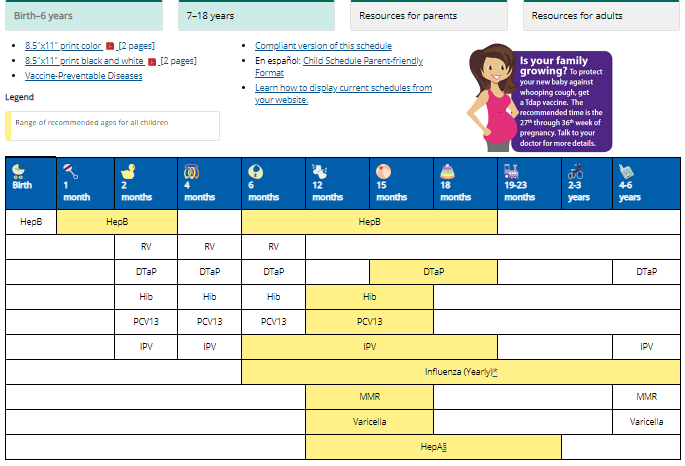doctors-for-pakistan September 6, 2019

Healthy Dads
Fatherhood a lifelong passion and lifelong commitment
Stay active, walk whenever possible, at least drink 4 glasses of water a day, do not smoke, eat less animal fat and use more vegetables and fruits in your diet.
Get regular checkups:
Physical Exam of the Newborn
A complete physical exam is an important part of newborn care. Each body system is carefully checked for signs of health and normal function. The healthcare provider also looks for any signs of illness or birth defects. Physical exam of a newborn often includes assessment of the following:
Temperature.Able to maintain stable body temperature of 97.0°F to 98.6°F (36.1°C to 37°C) in normal room environment.
Heartbeat.Normally 120 to 160 beats per minute. It may be much slower when an infant is sleeping.
Breathing rate.Normally 40 to 60 breaths per minute.
Blood pressure.Normally an upper number (systolic) between 60 and 80, and a lower number (diastolic) between 30 and 45.
Oxygen saturation.Normally 95% to 100% on room air.
General appearance.Physical activity, muscle tone, posture, and level of consciousness or whether or not an infant is awake and alert.
Skin.Color, texture, nails, presence of rashes.
Head and neck:
Appearance, shape, and shaping of the head from passage through the birth canal (molding)
The open soft spots between the bones of the baby’s skull (fontanels)
Bones across the upper chest (clavicles)
Face.Eyes, ears, nose, cheeks. Presence of red reflex in the eyes.
Mouth.Roof of the mouth (palate), tongue, throat.
Lungs.Breath sounds, breathing pattern.
Heart sounds and femoral (in the groin) pulses
Abdomen.Presence of masses or hernias.
Genitals and anus.Open passage for of urine and stool and normal appearance of male and female genitals.
Spine & Hips.Checked for alignment of the spinal column and dislocation of hip joints.
Immunization Schedules
For Health Care Providers


For Parents & Adults

Children, Adolescents & Adults
Age related examination
Schedule of Well-Child Visits
Male Adult
Examination:A thorough physical examination covers head to toe
and usually lasts about 30 to 45 minutes. It measures important
vital signs — temperature, blood pressure, and heart rate — and
evaluates your body using observation, palpitation, percussion,
and auscultation of heart, lungs and abdomen. Checking for
hernias and upper, lower extremities along with spinal
examination.
Testicular exam: A doctor can check each testicle for lumps
Female Adult
Examination:A thorough physical examination covers head to
toe and usually lasts about 30 to 45 minutes. It measures
important vital signs — temperature, blood pressure, and heart
rate — and evaluates your body using observation, palpitation,
percussion, and auscultation of heart, lungs and abdomen.
Checking for hernias and upper, lower extremities along with
spinal examination.
From preventing heart disease to early cancer detection and
managing symptoms of menopause, including breast exam
and pap test.
SEX & ENERGY HORMONE PANEL
Optimizing your hormone levels can help you keep your sex drive
strong, maintain muscle mass, minimize body fat, and minimize
menopausal symptoms.
Sex & Energy Panel can help to find the underlying conditions that
contribute to loss of sex drive and performance, fatigue, obesity and
aging. Get evaluation of the many of the factors that can affect fertility,
mood, energy levels, and stress.
This panel includes:
WOMEN’S CANCER SCREENING
Early cancer detection is crucial to protecting women health.
Screening Mammography
Breast MRI- The American Cancer Society recommends
mammography plus Breast MRI for women at high risk including those with known BRCA1 or BRCA2 mutations or women with 2 or
more close relatives with a history of breast or ovarian cancer.
Breast Tomosynthesis- a cutting-edge 3-D image that a provides
clearer and more accurate view of breast tissue compared to
mammography alone.
Molecular Breast Imaging- Studies have shown that mammography
can miss one-third to one-half of cancers in women with dense
breasts. Molecular Breast Imaging is a state-of-the-art highly
effective non-invasive tool for early breast cancer detection in
women with dense breasts.
Pelvic Ultrasound-For those concerned about ovarian or uterine
cancer risk, we offer the option of Pelvic Ultrasound. Ultrasound can
painlessly and non-invasively detect early signs of many cancers as
well as aneurysms, ovarian cysts, endometrial disease and other
potentially dangerous conditions.
Thin-Prep Pap Smear-The most accurate screening for cervical
cancer including testing for Human Papilloma Virus (HPV) as part of
the Pap Smear. HPV accounts for more than 90% of cervical
cancers, this test is to determine if you are at high or low risk for
cervical cancer.
Women aged 30-65 who have never been exposed to HPV may be
able to have a Pap Smear every 5 years instead of annually.
GENOMIC HEALTHY WOMAN
Genomic Healthy Woman tests a variety of genes that influence
response to diet, metabolism, and exercise, as well as the propensity to
develop certain health conditions. Clinical studies have shown that
individuals who follow a genetically appropriate diet lose weight more
easily. The Genomic Healthy Woman test can give you a more holistic
view of your health and help you achieve a more desirable weight,
manage potential health conditions, as well as have powerful
information as to which medications may or may not be right for you
Senior’s Examination:
Medical Tests for Your 60s and Up
For women, a breast exam and mammogram
For women, a pelvic exam, pap smear and HPV test
Person with Disabilities
Examination:An individual with a disability is a person who has a physical or
mental impairment that substantially limits a major life activity
(such as seeing, hearing, learning, reading, concentrating, or
thinking) or a major bodily function (such as the neurological,
endocrine, or digestive system).